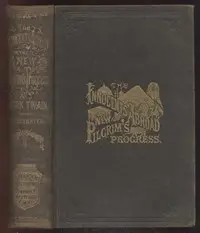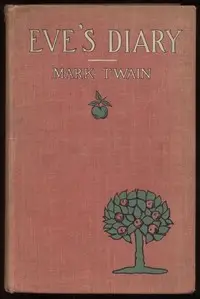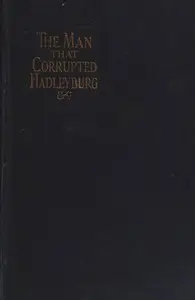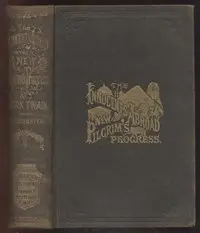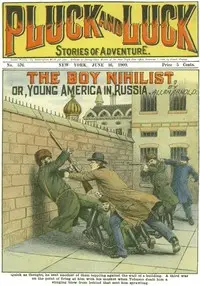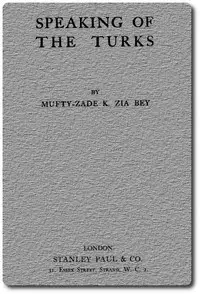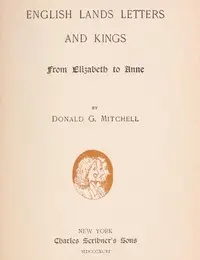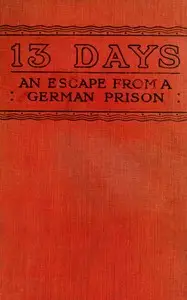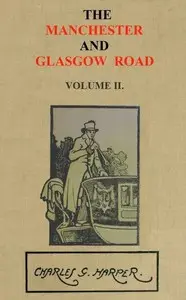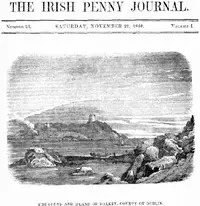"King Leopold's Soliloquy: A Defense of His Congo Rule" by Mark Twain is a satirical commentary that falls under the category of political literature, published in the early 20th century. The book critiques the brutal administration of King Leopold II over the Congo Free State, focusing on issues of imperialism, exploitation, and moral hypocrisy. Twain uses a fictional soliloquy from the perspective of Leopold II to illustrate the king’s justifications for the atrocities committed during his reign in the Congo. In this incisive narrative, Twain presents Leopold as a self-pitying character, desperately attempting to rationalize his excessive greed and inhumane actions in the face of widespread condemnation. Through satirical humor and dark irony, the king bemoans the 'slanders' against his rule that expose the violence and exploitation of the Congo's native population. Twain outlines the systematic abuses inflicted upon the Congolese for rubber extraction and other resources, revealing horrific methods used to maintain control and profit. As tensions rise, the narrative emphasizes the disconnect between the king's self-image as a benevolent ruler and the grim reality of his reign, thus highlighting the moral failures of colonialism and the complexities of power. (This is an automatically generated summary.)
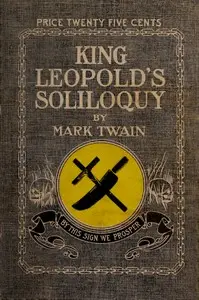
King Leopold's Soliloquy: A Defense of His Congo Rule
By Mark Twain
"King Leopold's Soliloquy: A Defense of His Congo Rule" by Mark Twain is a satirical commentary that falls under the category of political literature,...
Samuel Langhorne Clemens, known by the pen name Mark Twain, was an American writer, humorist, and essayist. He was praised as the "greatest humorist the United States has produced," with William Faulkner calling him "the father of American literature." Twain's novels include The Adventures of Tom Sawyer (1876) and its sequel, Adventures of Huckleberry Finn (1884), with the latter often called the "Great American Novel." He also wrote A Connecticut Yankee in King Arthur's Court (1889) and Pudd'nhead Wilson (1894) and cowrote The Gilded Age: A Tale of Today (1873) with Charles Dudley Warner.


